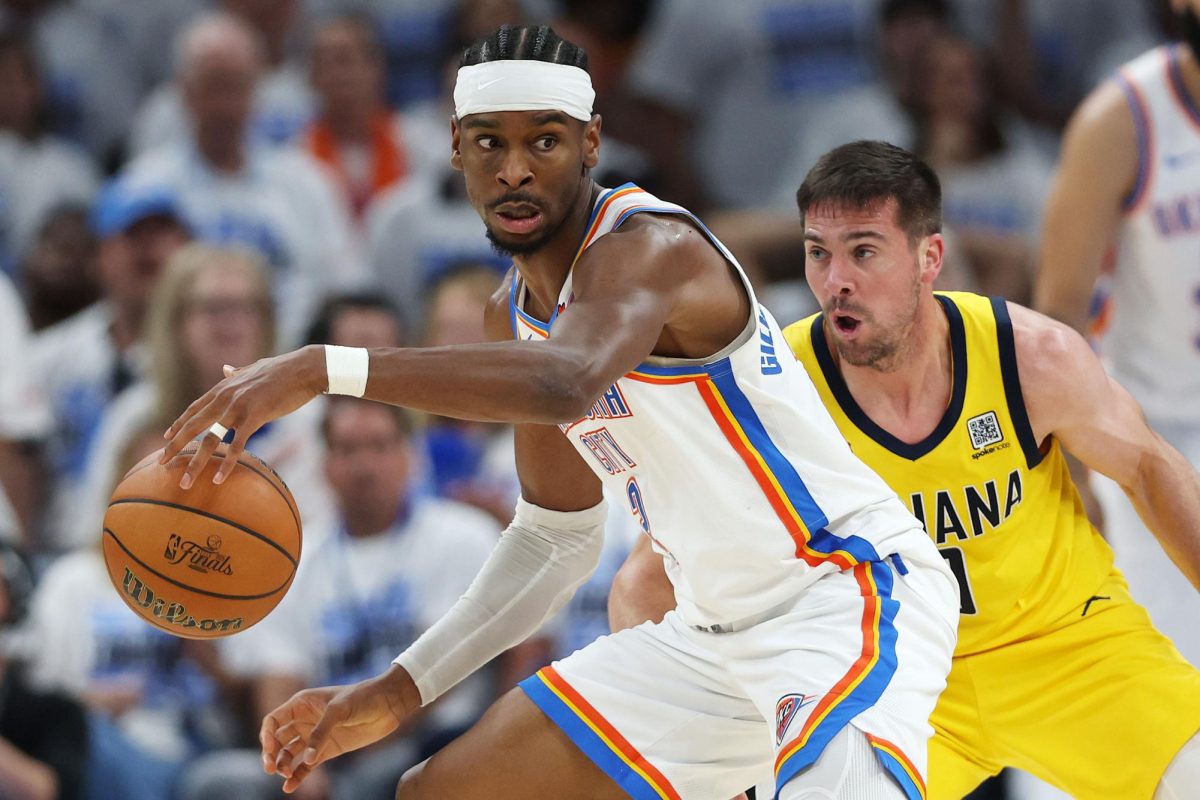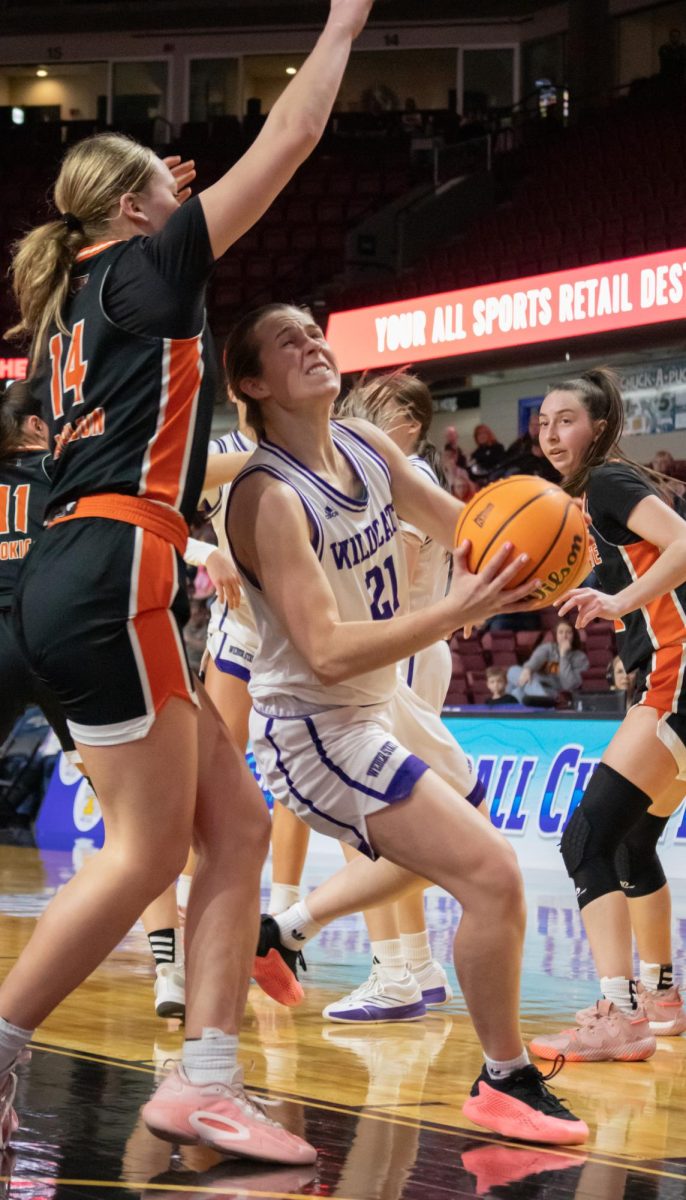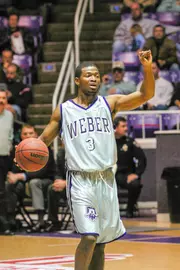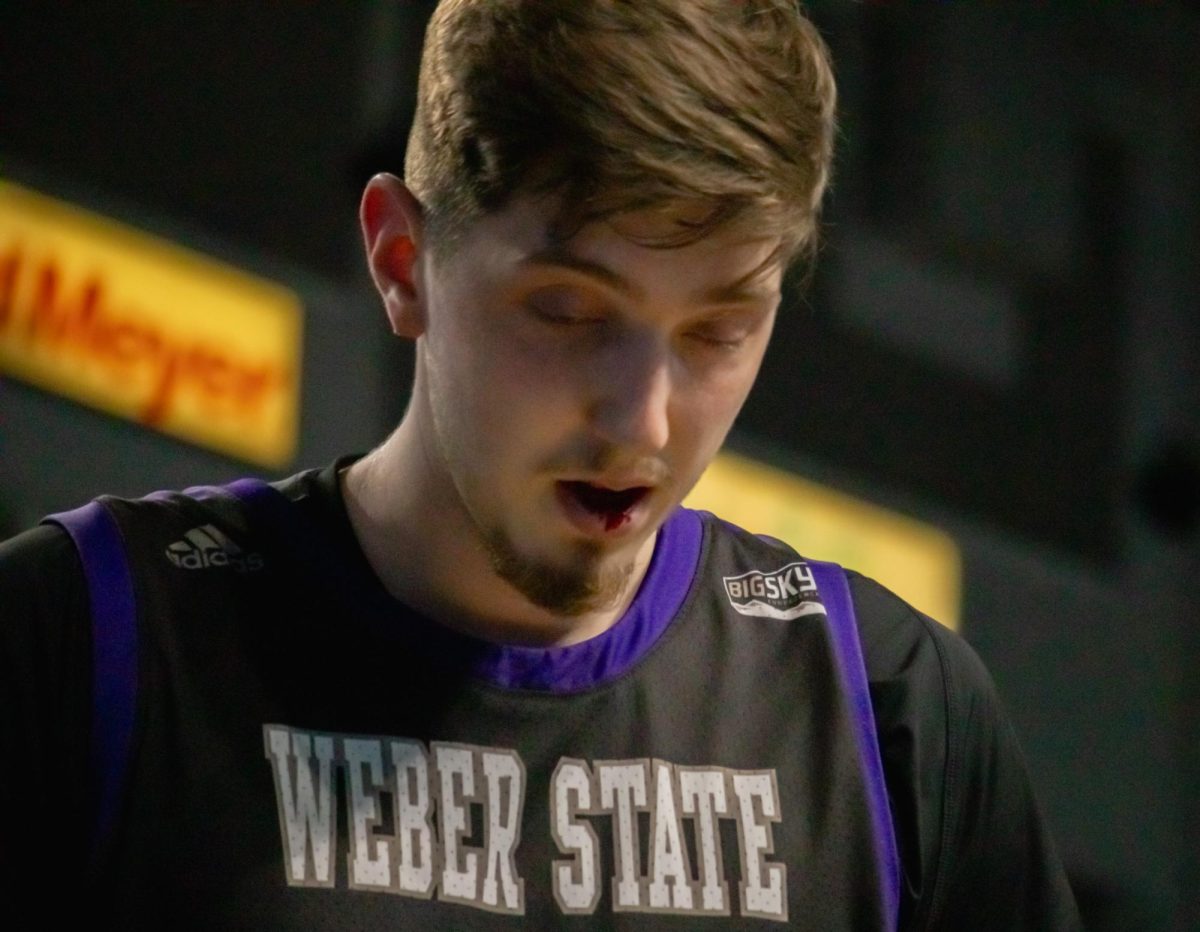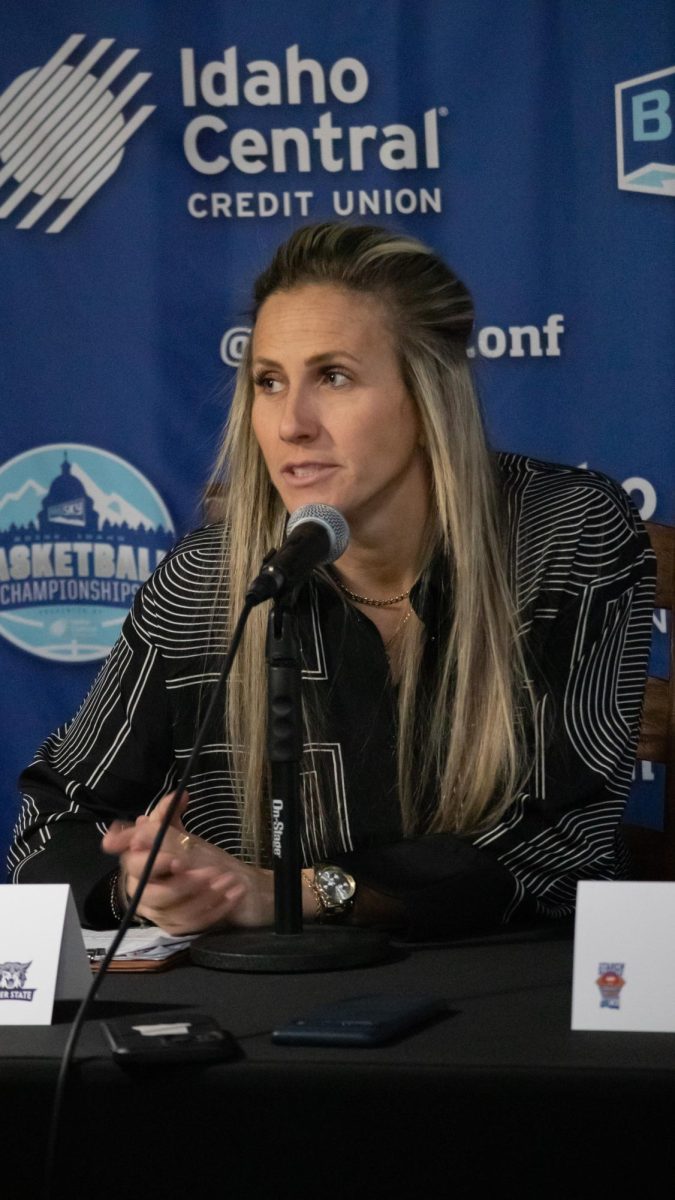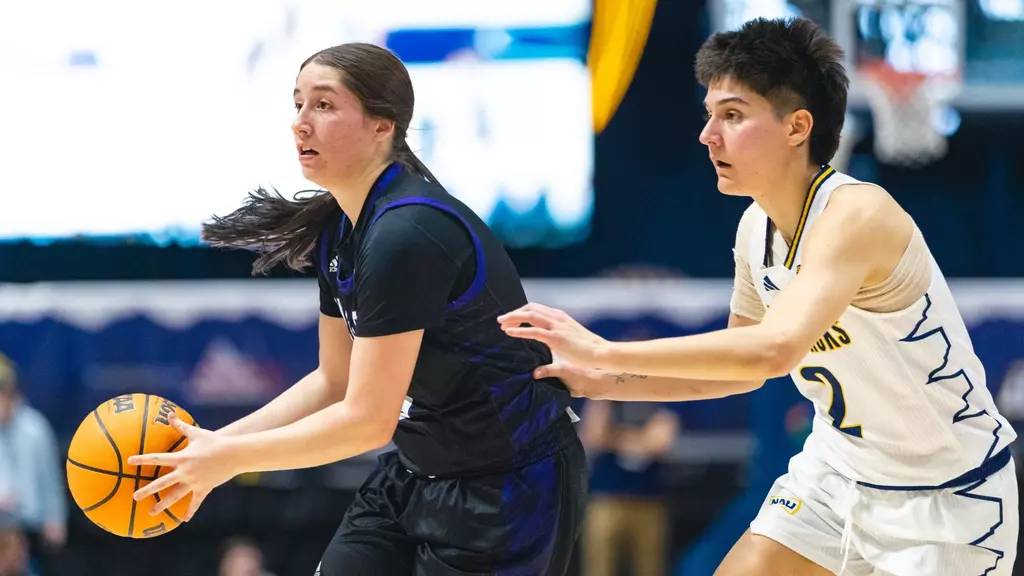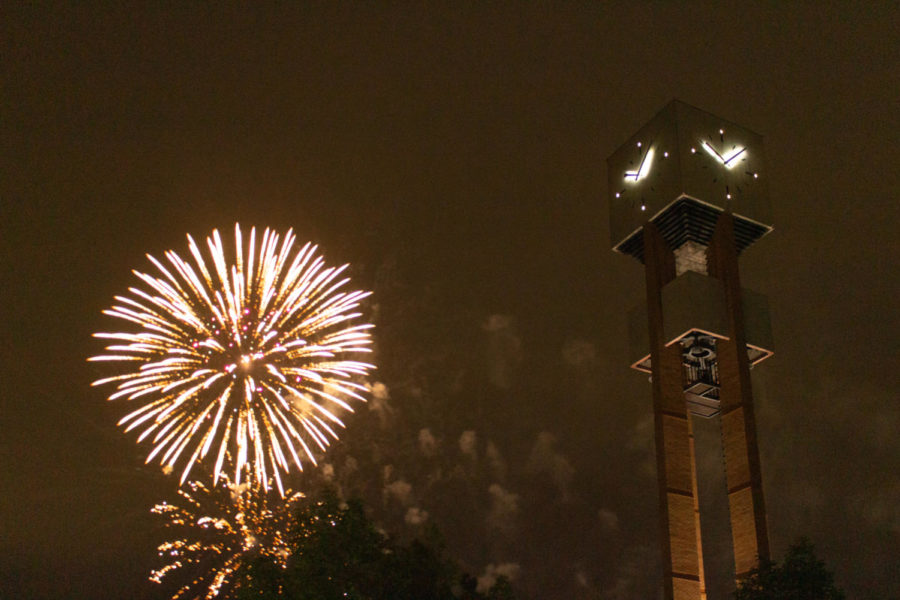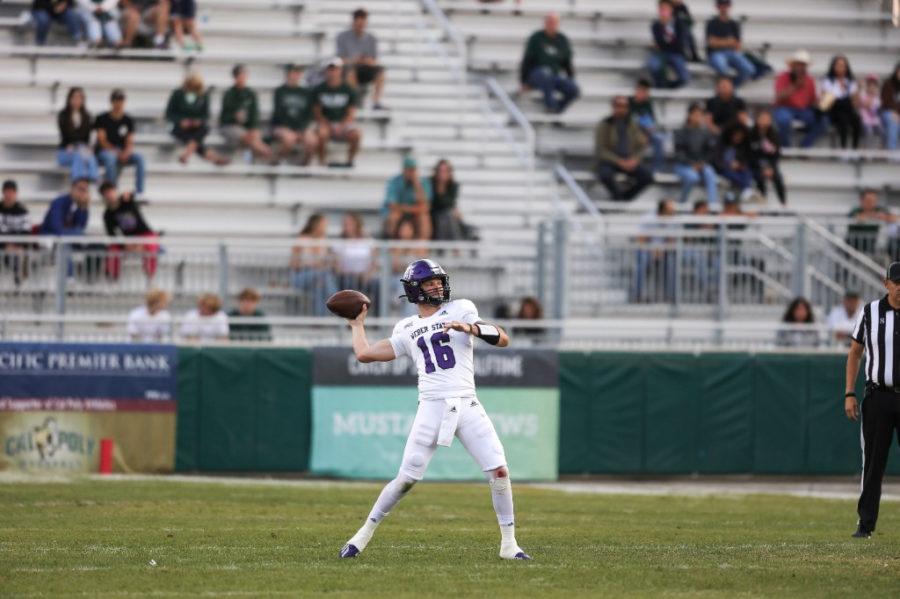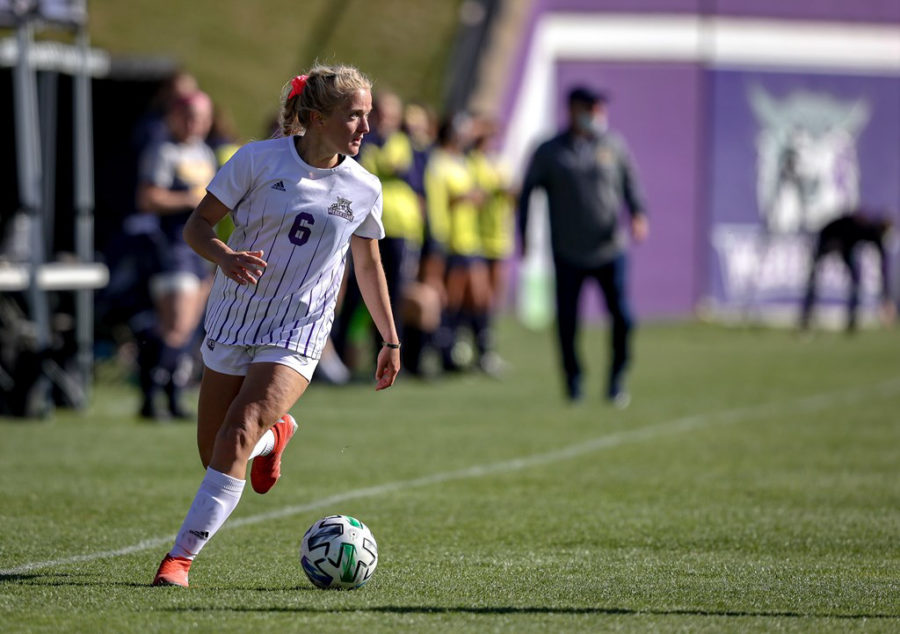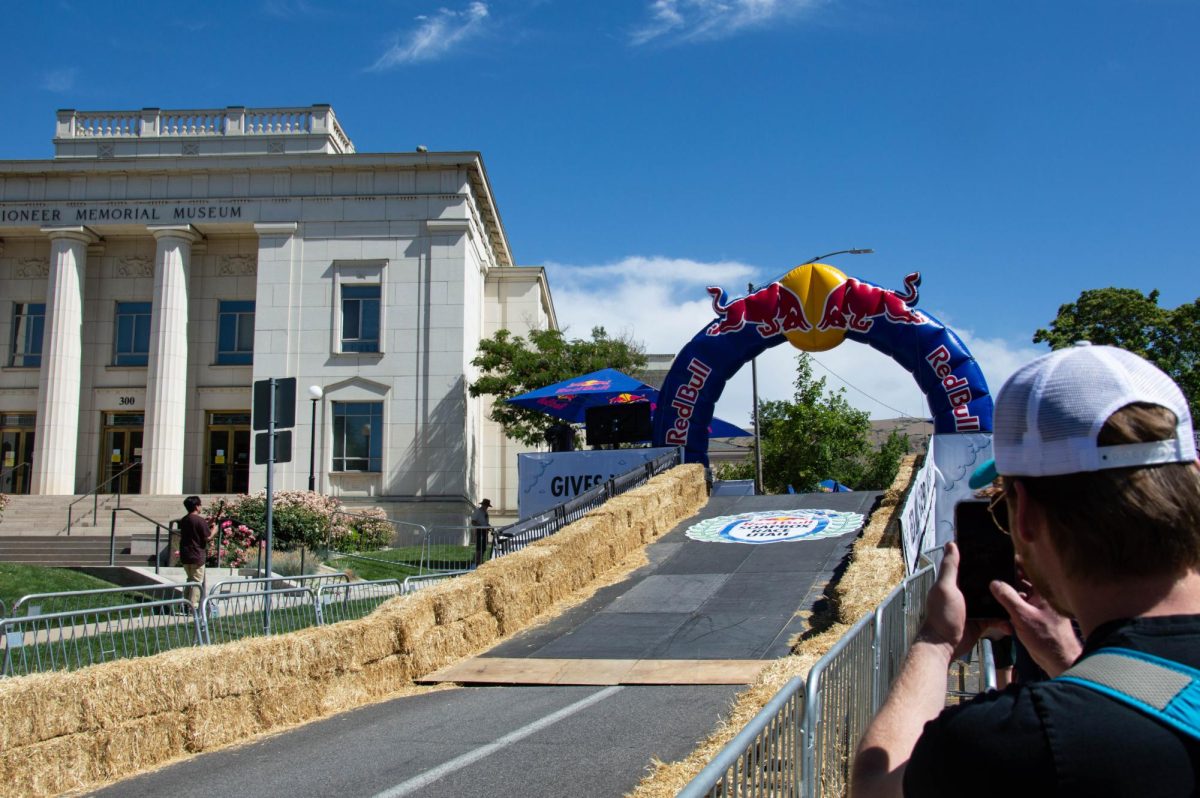
As calendars turn to March, millions of Americans participate in one of the country’s most beloved pastimes: Filling out a March Madness bracket.
The field is comprised of 68 teams within Division I basketball, from name-brand schools, like Duke University, down to relatively unknowns, like Fairleigh Dickinson University, who both made it into the 2016 NCAA tournament.
Of the 68 teams, 32 are automatic tournament berths. These are schools that won their respective conference tournaments and are therefore guaranteed a spot in the Tournament.
The other 36 teams are chosen by the NCAA selection committee — a group of 10 athletic directors from schools across the country. While this is a closed-door process, there is still much speculation done in the days leading up to the tournament.
This has spurned a new field of sports commentary called bracketology, which means studying all teams in Division I basketball and predicting the formation of the official tournament bracket before its release to the public.
ESPN was one of the first to capitalize on the rise of bracketology by hiring Joe Lunardi as a commentator. Lunardi is considered one of the founders of bracketology and is a March Madness expert.
His bracket predictions were first posted to the ESPN website in 2002, and they quickly became one of the most read pages on the site.
Not only did fans begin to intently follow Lunardi’s work, but many NCAA teams did as well. For Lunardi, predicting a bracket is more work than play.
In an interview with Bloomberg News, Lunardi said, “I would equate it to an accountant during tax season or a lawyer that is in the middle of a trial. It’s incredibly intense, incredibly fun, and maybe someday it will wear me out.”
All of the work done by Lunardi and his fellow bracketologists culminates on Selection Sunday with the bracket’s official release.
The unveiling of the bracket is a nationally-televised event. CBS releases the bracket one section at a time with the various commentators breaking down each matchup and giving their picks for the winners.
This season has had no definitive No. 1 team throughout the year. Some of the favorites to be top seeds in the conference are basketball blue-bloods, such as Kansas and North Carolina.

There is also the reigning champion Villanova, a highly-ranked team every year but one that is rarely picked to go far in the tournament.
However, a different team has won the NCAA Tournament in each of the past five years. The first four play-in games will take place on March 14–15.
The first round of the tournament takes place from March 16–17, with the second round taking place the following two days. The NCAA Championship game will take place on April 3 in Phoenix, Arizona.


